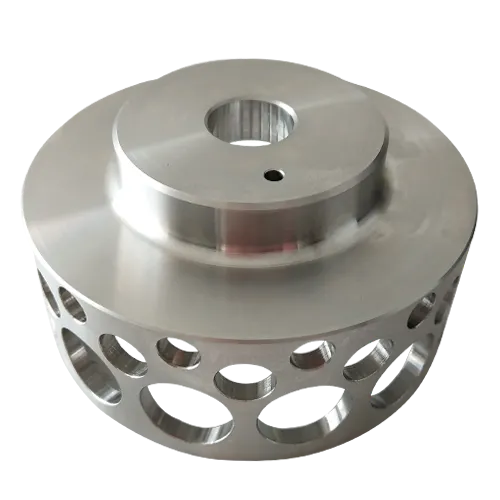Mobile:+86-311-808-126-83
Email:info@ydcastings.com
conduit pipe end cap
Understanding Conduit Pipe End Caps A Key Component in Electrical Systems
In the realm of electrical installations, conduit pipes serve a crucial role by protecting wiring from physical damage and environmental factors. One essential component in the conduit system is the end cap. This seemingly simple accessory is vital for ensuring the longevity and efficiency of electrical installations.
Conduit pipes are typically used to house and protect electrical wires, shielding them from moisture, dust, and mechanical impacts. These pipes can be made from various materials, including metal, PVC, and fiberglass, depending on the application and environment. However, just like any other system, proper sealing of conduit pipes is imperative to maintain their efficacy. This is where conduit pipe end caps come into play.
An end cap is a device used to cover the open end of a conduit pipe. It serves multiple purposes preventing debris and moisture from entering the pipe, protecting the inner wiring from exposure, and maintaining the integrity of the entire installation. By providing a secure closure, end caps help to minimize the risk of electrical failures caused by environmental damage or foreign materials entering the conduit.
conduit pipe end cap

End caps come in different shapes, sizes, and materials to suit various types of conduit pipes. For instance, PVC end caps are common in residential applications due to their lightweight, corrosion-resistant nature, while metal end caps provide added durability for industrial uses. Additionally, there are specialized end caps designed for specific types of conduits, such as EMT (Electrical Metallic Tubing) or rigid metal conduits, ensuring compatibility and a snug fit.
Installation of conduit pipe end caps is typically straightforward. They can be easily fitted onto the open ends of the conduit and secured in place using screws or adhesive, depending on the specific design. Proper installation is crucial; an improperly fitted end cap can lead to exposure of electrical wires, potentially resulting in short circuits or other electrical hazards.
Another vital consideration is code compliance. In many regions, electrical installations must adhere to strict local and national codes, such as the National Electrical Code (NEC) in the United States. These regulations often dictate the use of end caps in specific scenarios, especially in commercial and industrial settings, to ensure safety and efficiency. Adhering to these codes not only protects the installation but also ensures the safety of individuals who may interact with or be near the electrical systems.
In conclusion, conduit pipe end caps may appear to be a minor component in the grand schema of electrical installations, but their importance cannot be overstated. By ensuring that conduit pipes are securely capped, these accessories help protect wiring from damage, reduce the risk of electrical failures, and ensure compliance with safety regulations. As such, understanding the role of end caps in conduit systems is essential for anyone involved in electrical work or installations. Whether in a residential, commercial, or industrial setting, making the right choices regarding conduit pipe end caps can lead to safer, more reliable electrical installations.
-
Why Should You Invest in Superior Pump Castings for Your Equipment?NewsJun.09,2025
-
Unlock Performance Potential with Stainless Impellers and Aluminum End CapsNewsJun.09,2025
-
Revolutionize Your Machinery with Superior Cast Iron and Aluminum ComponentsNewsJun.09,2025
-
Revolutionize Fluid Dynamics with Premium Pump ComponentsNewsJun.09,2025
-
Optimizing Industrial Systems with Essential Valve ComponentsNewsJun.09,2025
-
Elevate Grid Efficiency with High-Precision Power CastingsNewsJun.09,2025











